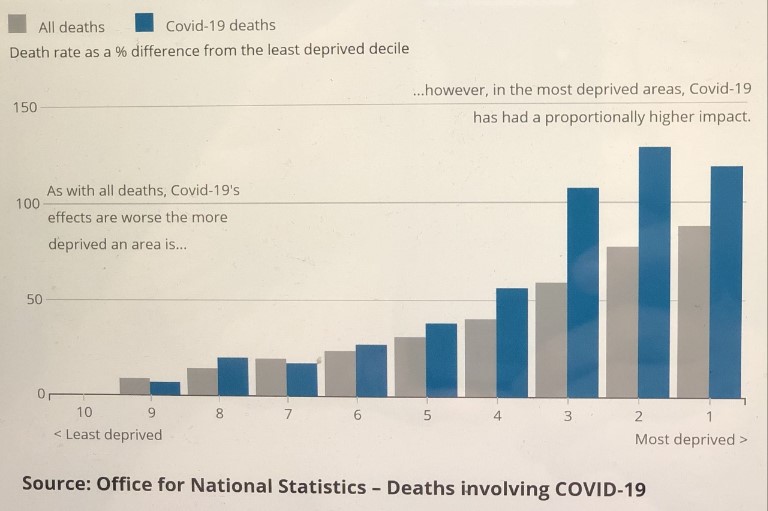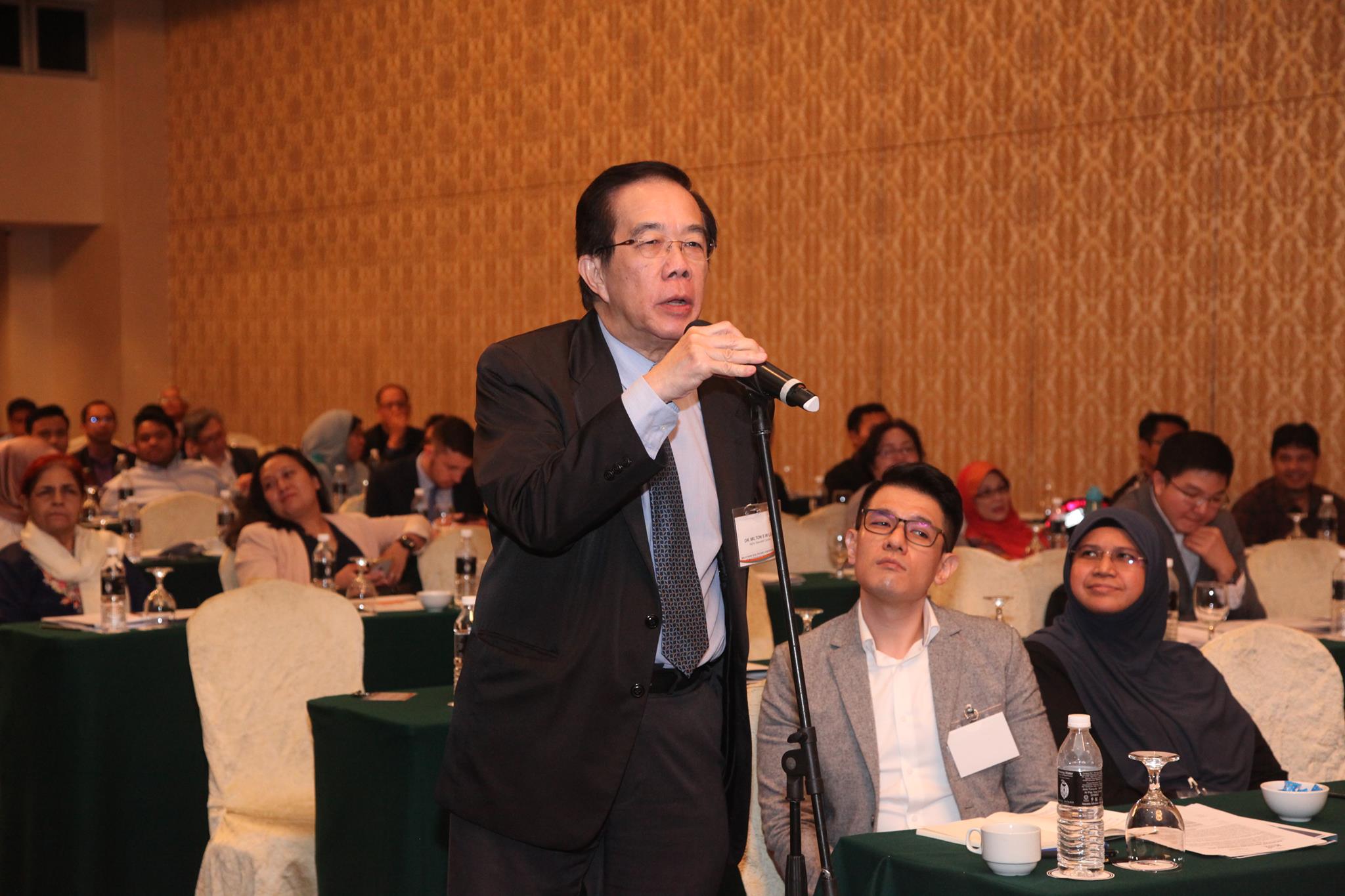The Senior Minister of Defence announced, on 4 May 2020, the government’s requirement that all foreign workers be screened for Covid-19 and the immediate shutting down of all businesses and premises in the event that positive cases are found in these workplaces.
The Health Ministry stated that it did not have sufficient test kits to screen all foreign workers and that its targeted approach was to screen migrant workers in red zones with more than 40 positive cases.
The Health Ministry’s daily situation brief has a standard menu of new positives, deaths, discharges, intensive care unit cases and more recently, number of new positives among foreign nationals.
However, aggregate data on Covid-19 positives in foreign workers are only provided as the occasional dessert.
Migrant Workers Numbers
The data on the number of foreign workers in Malaysia, particularly the undocumented ones, is varied.
In a parliamentary reply on 7 October 2019, the then Minister of Human Resources stated that there were 1.994 million foreign workers registered under the Temporary Visiting Work Permit as at 31 August 2019 (Source: Hansard 7 October 2019).
The Institute of Migration stated in May 2019 “Between 2010 and 2017, the number of documented foreign workers in Malaysia increased from 1.7 million to 2.2 million. Most came from Indonesia, Nepal, Bangladesh, India and Myanmar. At the end of 2018 it also hosted an estimated 2-4 million undocumented migrant workers.”
The World Bank, in its 28 March 2019 report, Malaysia: Estimating the Number of Foreign Workers, stated “the Ministry of Home Affairs reported that four out of ten foreign workers are irregular, based on its enforcement and amnesty program operations, suggesting the number of irregular foreign workers be about 1.2 million in 2017 and the total foreign worker population of about 3 million.
“Unofficial data suggests as many as 4 million irregular foreign workers. None of these figures are backed up by rigorous analytical methods, except the estimate by the Institute of Labor Market Information and Analysis, which estimates the total foreign worker population to be 3.5 million using foreign-worker-related insurance subscription data.”
The report estimated that “the total number of foreign workers in Malaysia ranged from 2.96 million to 3.26 million in 2017. Among these, the number of irregular foreign workers is estimated to be 1.23 million -1.46 million.”
More recently, the Malaysian Employers Federation, in its response to the government announcement on 5 May 2020 stated that the documented foreign workers numbered about 2.3 million.
Covid-19 More Prevalent Among The Poor
There are reports that Covid-19 is more prevalent among the poor in the United States and United Kingdom.
In the United States, “The Bronx, which has the highest proportion of racial/ethnic minorities, the most persons living in poverty, and the lowest levels of educational attainment had higher rates of hospitalization and death related to Covid-19 than the other 4 boroughs” which are more affluent.

Data from the United Kingdom’s Office for National Statistics Analysis reveal that those who live in the more deprived areas of England and Wales are more likely to die from Covid-19 than those in more affluent areas. There were 55 deaths for every 100,000 people in the poorest parts of England, compared with 25 for every 100,000 in the wealthiest areas. Whilst mortality rates are generally higher in the more deprived areas, Covid-19 appears to be taking them higher still.
The prevalence of Covid-19 positive cases among foreign workers in Singapore who were not residing in dormitories was 0.05% and was similar to that of nationals and permanent residents (0.03%), compared to 8-9% in foreign workers residing in dormitories. This led to the amalgamation of the data of the foreign workers who were not residing in dormitories with that of the nationals and permanent residents since 20 May 2020.
Health And Foreign Workers In Malaysia
The vast majority of foreign workers in Malaysia are low-skilled and fill shortages in labour intensive sectors of the economy. Notwithstanding the Labour Department’s minimum standards, their living conditions are not uncommonly cramped and crowded with poor ventilation, as well as unhygienic with poor sanitation and limited or no access to clean water — all of which are ingredients for the breeding and spread of communicable diseases, and an impediment to the personal measures necessary to prevent spread of Covid-19.
The undocumented (termed “irregular” by the World Bank and “illegal” locally) workers are of particular concern as they are a potential source of communicable diseases, given that they avoid the health screening that is mandatory for all foreign workers.
Whilst there may be challenges in attributing the resurgence of tuberculosis in Malaysia to the foreign workers as they comprise 13% of reported cases, the substantial numbers of undocumented foreign workers who did not undergo tuberculosis health screening as required by the government is a cause for concern.
The chikungunya virus has not been known to be associated with clinical disease in Malaysia. However, with the finding of antibodies in the local population, it has been speculated that the virus was introduced or re-introduced in Malaysia through the movement of foreign workers from countries where the infection is endemic.
A 2019 study by a local research team reported that “healthcare services in Malaysia are often inaccessible to migrant workers. Complex access barriers were identified, many beyond the control of the health sector. Major themes include affordability and financial constraints, the need for legal documents like valid passports and work permits, language barriers, discrimination and xenophobia, physical inaccessibility and employer-related barriers.
“Our study suggests that government-mandated insurance for migrant workers is insufficient in view of the recent increase in medical fees. The perceived close working relationship between the ministries of health and immigration effectively excludes undocumented migrants from access to public healthcare facilities. Language barriers may affect the quality of care received by migrant workers, by inadvertently resulting in medical errors, while preventing them from giving truly informed consent.”
Foreign workers in Malaysia have to pay amounts considerably more than the locals when they access health care in the public sector even for basic services like vaccination. Poor or no vaccination compliance among the children of foreign workers contributed to the re-emergence of poliomyelitis in Malaysia in 2019, the last outbreak of which was in 1977.
The International Labour Organization stated that the Movement Control Order has impacted on foreign workers with allegations of unfair terminations, unpaid wages, and uncertainty about employment status. The daily waged workers are the hardest hit with many running out of money and needing to rely on food aid from the government and corporate social organisations.
Covid-19 In Foreign Workers In Malaysia
The Health Director General was reported to have stated on 16 May 2020 that “26,000 migrant workers have been tested for Covid-19, of which there were 1,302 positives”, i.e. 5.01% were positive.
On 10 May 2020, he reportedly stated that “a total of 24,125 foreigners have been screened” of which “1,132 were found to be Covid-19 positive”, i.e. 4.69% were positive.
Whether these numbers are representative of the actual prevalence of Covid-19 positives among foreign workers is yet to be teased out.
Be that as it, the table below provides estimates of the number of Covid-19 positives among foreign workers according to their estimated numbers and Covid-19 positive rates of 2 to 7%.

The question is not whether foreign workers will contribute to the Covid-19 positive numbers in Malaysia, but the extent to which it will. In short, it is not if, but when.
The corollary is whether the health system will be able to cope with the challenges of the coping with the cases, particularly if there is a surge.
A fundamental issue is whether the Health Ministry’s surveillance system is robust enough to enable confident monitoring which, with better analysis and transparency, is vital to gaining and maintaining public trust and acceptance.
The prevalence of Covid-19 cases in Singapore was below 1,000 until 2 April 2020 when it increased exponentially primarily because of the contribution by foreign workers. As at 24 May 2020, 29,363 i.e. 92.87% of the total of 31,616 positive cases, were foreign workers residing in dormitories. There are 323,000 foreign workers in Singapore.
Statements that the known positives among the foreign workers in Malaysia are not in contact with the local population provide scant reassurance. It is difficult to determine if there had been contact with the local population prior to their being tested positive. Their untested colleagues, particularly the undocumented ones, who may be positive continue to interact with the local population.
It is vital to remember always that the SARS-CoV-2 virus, which causes Covid-19, does not discriminate.
The response to the challenge of Covid-19 positives in the foreign workers in Malaysia cannot just rely on testing, which has its limitations. An immediate change in the living and working conditions of the foreign workers would be necessary to prevent further spread. Furthermore, the stick is unlikely to work, particularly with undocumented foreign workers.
Timely Reminder
This was well summarised by the World Health Organization (“WHO”) local representative in an interview with a web portal on 11 May 2020 and was reported to have stated that “while the health ministry had provided access to testing and free medical treatment, there had been social stigma and discrimination against certain migrant workers and ethnic communities.
“This is very risky as these populations may hide and not come forward for testing. This makes the virus more likely to spread and can result in difficulties controlling the outbreak. Governments, citizens, media, key influencers and communities have an important role in preventing and stopping stigma.
“The fear of arrest and detention has pushed some workers into hiding, preventing them from seeking treatment, with negative consequences for their own health, and creating further risks to the spreading of Covid-19 to others.”

Dr Milton Lum is a past President of the Federation of Private Medical Practitioners Associations, Malaysia and the Malaysian Medical Association. This article is not intended to replace, dictate or define evaluation by a qualified doctor. The views expressed do not represent that of any organization the writer is associated with.
- This is the personal opinion of the writer or publication and does not necessarily represent the views of CodeBlue.








